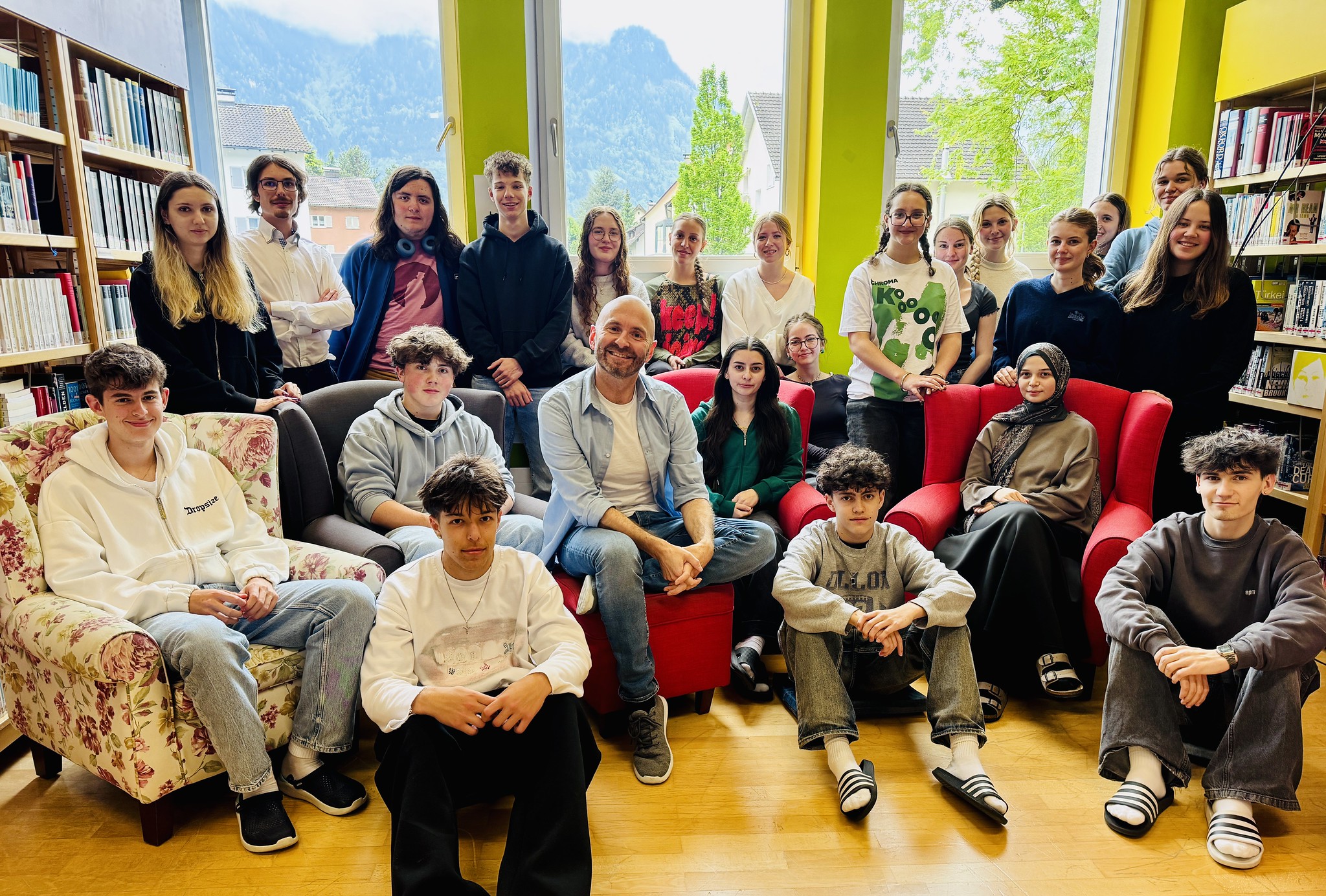

MLA 2025: Faust goes AI: Breathing New Life into a Literary Classic / BG Bludenz, Photo: BG Bludenz
Winners 2025
The Media Literacy Award (MLA) 2025, presented by the Federal Ministry of Education (BMB), the OeAD and Ars Electronica, has been decided. As a competition for media education, the Media Literacy Award promotes digital learning concepts and innovative teaching methods in all types and levels of school. These are the projects that were selected from over 130 submissions from teachers from all over Austria.
Congratulations to the award winners!
Main Prize
Awards of Distinction
Special Prize “Digital Learning”
Honorary Mentions
Main Prize
The school class wins a media education workshop worth 2,000 euros.
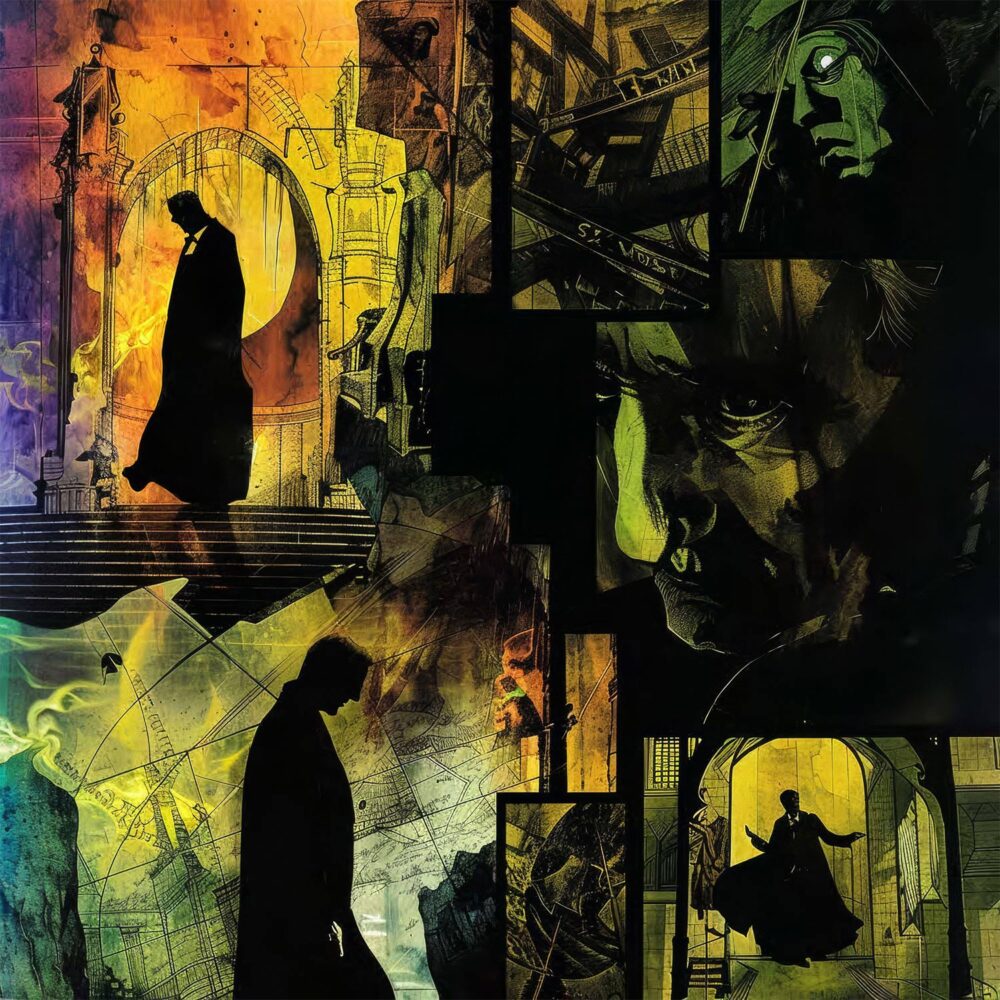
Faust goes AI
Bundesgymnasium Bludenz (AT)
How can Goethe’s world-famous tragedy be told in such a way that it reaches young people today – not by simplifying it, but by reinterpreting it? This was the question addressed by the teaching project “Faust goes KI” at the BG Bludenz under the direction of Jürgen Schacherl. The idea: Central scenes were to be realized as graphic novels.
After reading and selecting scenes, the students used ChatGPT for analysis, storyboarding and dialog. The images, in turn, were created with Midjourney, Leonardo and Copilot and were interlocked in Canva to form a coherent comic story. AI-generated set pieces were cleverly framed and recomposed to create a meaningful narrative that appeals to young readers. The project concluded with a reflection on the results using a digital survey among the pupils.
Awards of Distinction
The school classes will each win a media education workshop worth 1,000 euros.

Aus analog wird digital – Unterrichtsprojekt Digitale Medien in der Volksschule
Volksschule Steinhaus (AT)
The three-week project at VS Steinhaus, led by Nicole Fuchs, taught Year 1 schoolchildren how to create an animated cartoon from their own drawings. First, the children drew their favorite cuddly toys on a piece of paper, and soon they were dancing across the screens using animation software. Supplemented with audio recordings based on the children’s ideas and wishes, the joint class film “Die 1b und ihre kuscheligen Freunde” was created.
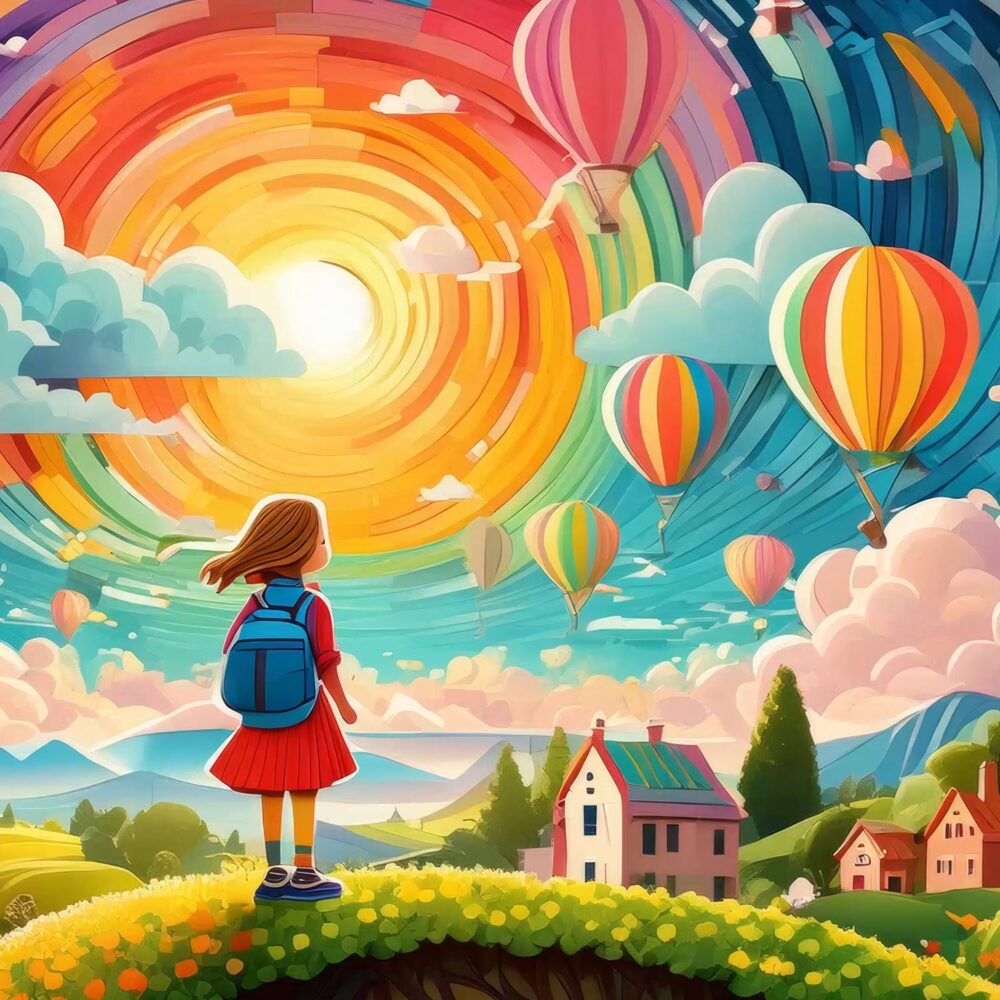
Digitaler Dialog, Menschliche Gestaltung – Eine virtuelle Kunstgalerie als Schule der Vernunft
HTL 1 Bau & Design Linz (AT)
Teacher Lisa Kuka at HTL1 Bau und Design Linz developed a teaching project on creative work with generative AI. Individual approaches were called for: one student juxtaposed AI-generated images with her own watercolors, one student developed an online quiz in which friends had to guess whether they were AI-generated fairy tales or stories by the Brothers Grimm, another classmate created an animated design tutorial with the support of ChatGPT. The project demonstrates that AI can be both a tool and an opportunity for critical reflection.
Special Prize “Digital Learning”
The school class wins a media education workshop worth 1,000 euros.
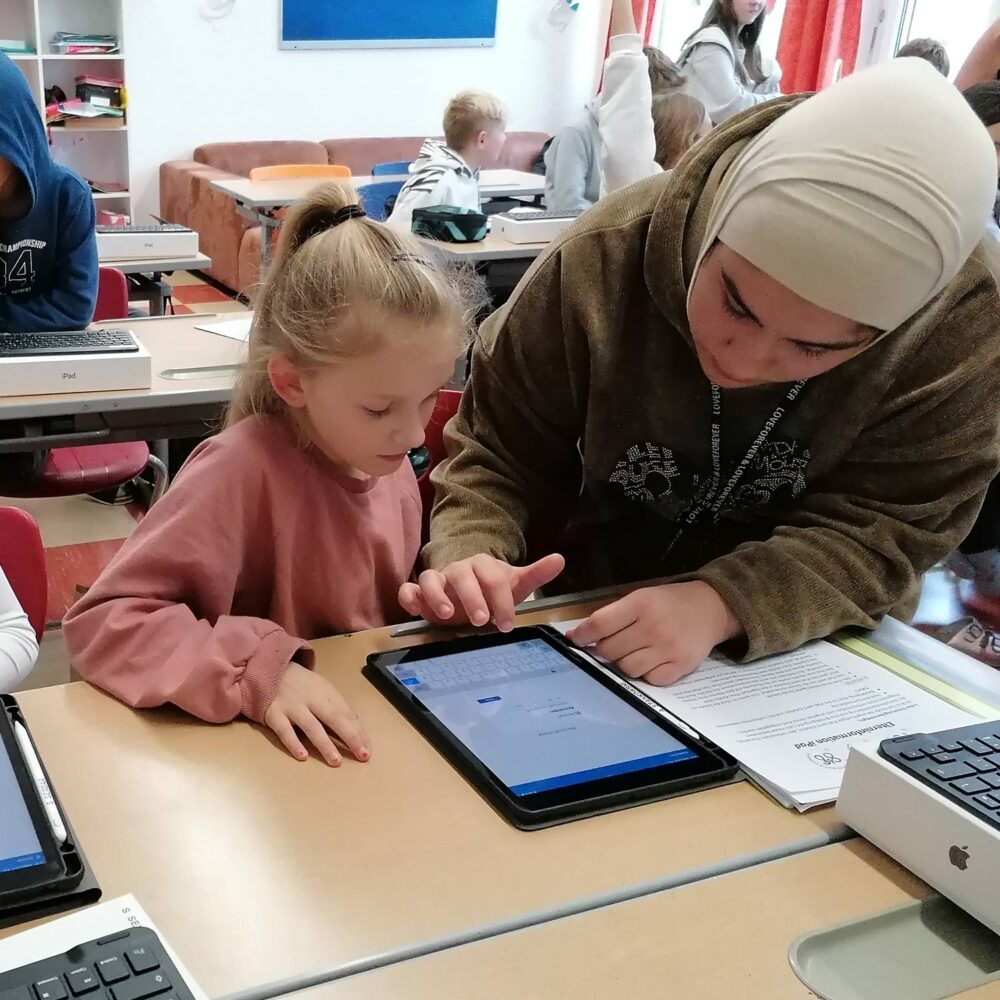
DIGI-Profis der MS Schärding: Digitale Unterstützung für die Schulgemeinschaft
Mittelschule Schärding (AT)
Together with their teachers Daniel Pretzl, Daniela Pöschl and Maria Theresia Luckeneder, 15 pupils proved themselves as DIGI professionals. During the current school year, they have been responsible for integrating newly acquired tablets into the school administration program and supporting their colleagues from the first class as mentors in the safe and correct use of the devices and applications.
Honorary Mentions
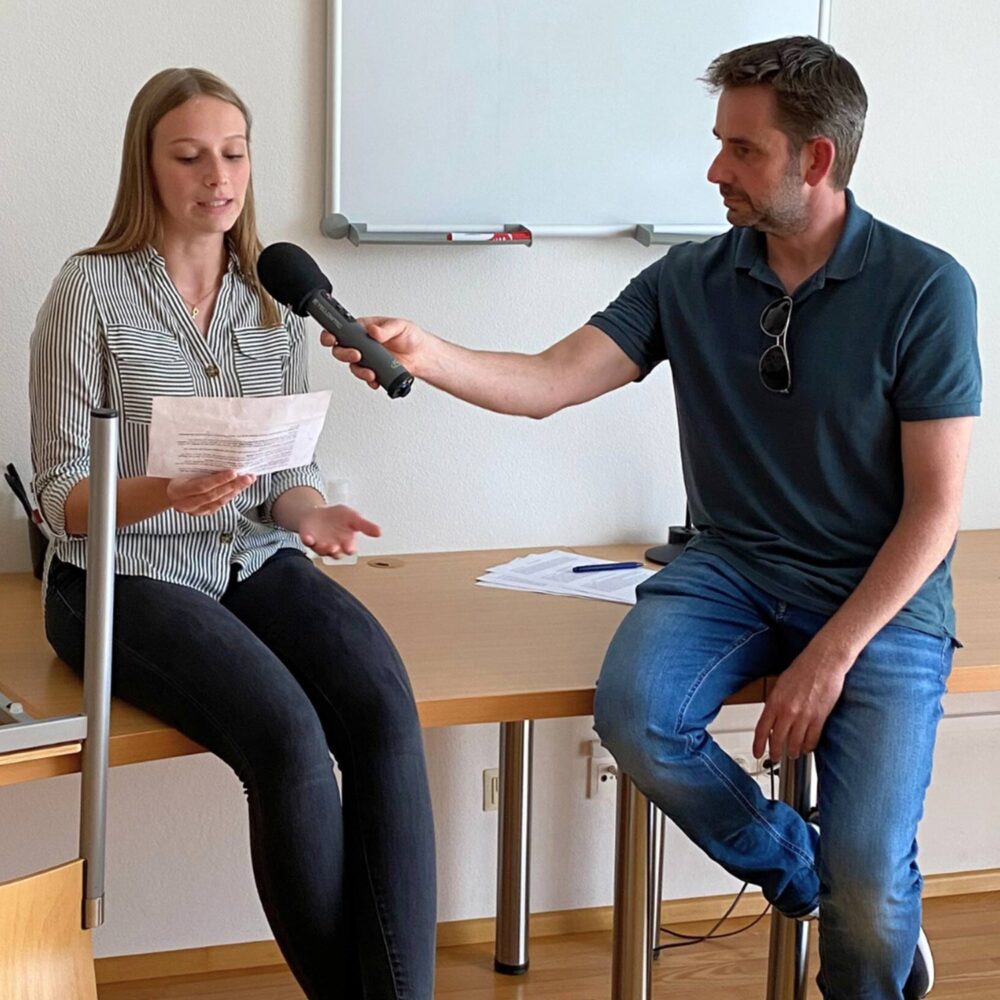
Der H2O Podcast
Fachberufsschule St. Veit an der Glan (AT)
In a joint podcast project, pupils research the topic of water and prepare knowledge in an understandable and entertaining way for young people. The aim is to raise awareness of the value of water, promote sustainable use and present current challenges such as climate change in an understandable way.
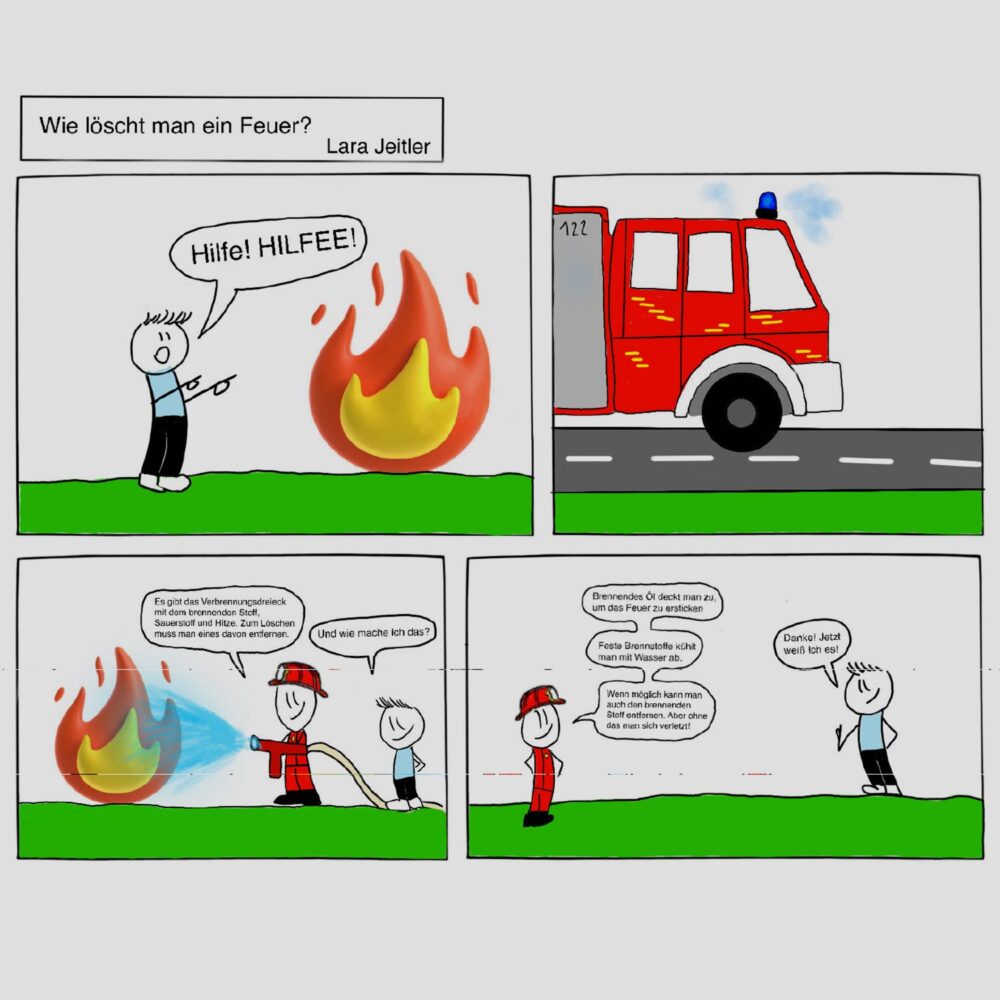
Science Communication Comics
Realgymnasium Hartberg (AT)
In the “Science Communication Comics” project, pupils learn to present chemical topics creatively and comprehensibly in the form of comics. In doing so, they deepen their specialist knowledge, improve their research and communication skills and develop their creativity – from the choice of topic and storyboards to the presentation of the finished comics.
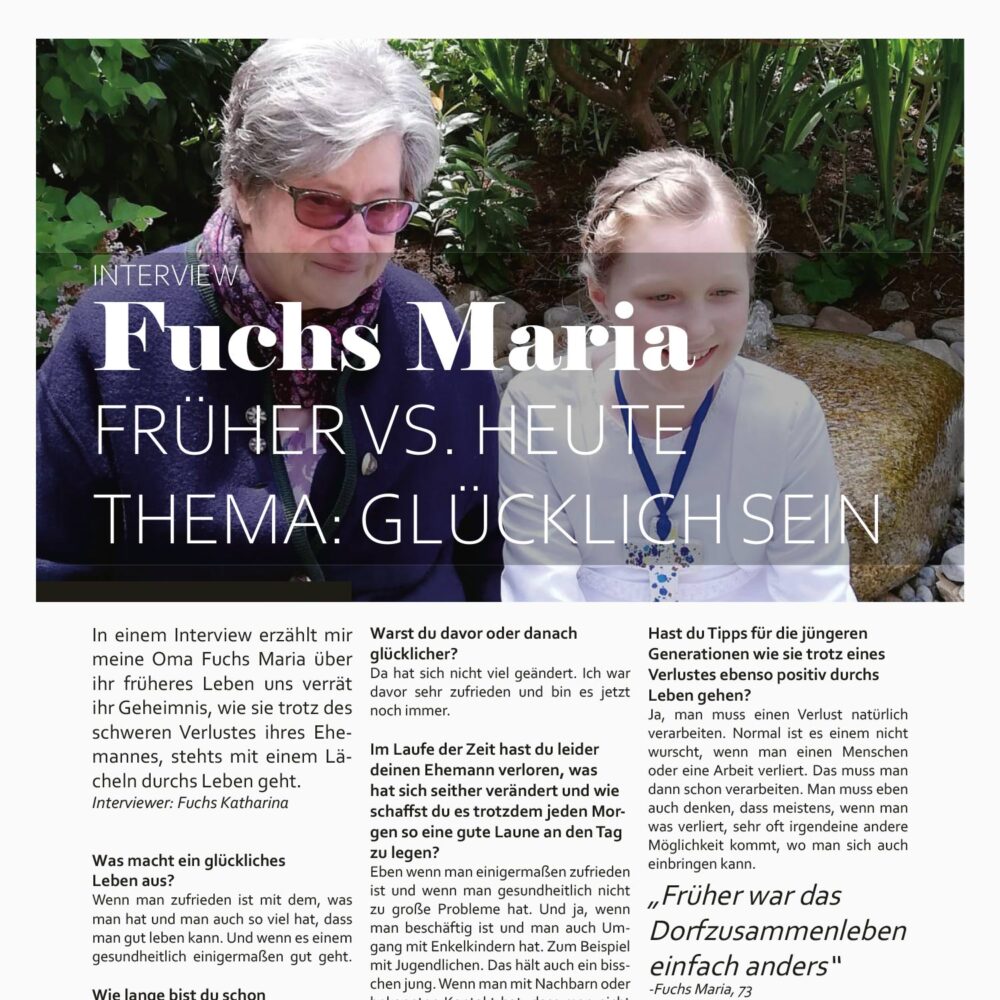
Stimmen im Fokus – Einblick durch Interviews
Fachberufsschule HLW-FSB Weiz (AT)
In this project, students interview an inspiring person and professionally design the interview on a double-page spread using Adobe InDesign. They learn how to prepare, conduct and creatively edit interviews – strengthening their communication skills, media competence and design skills in the process.
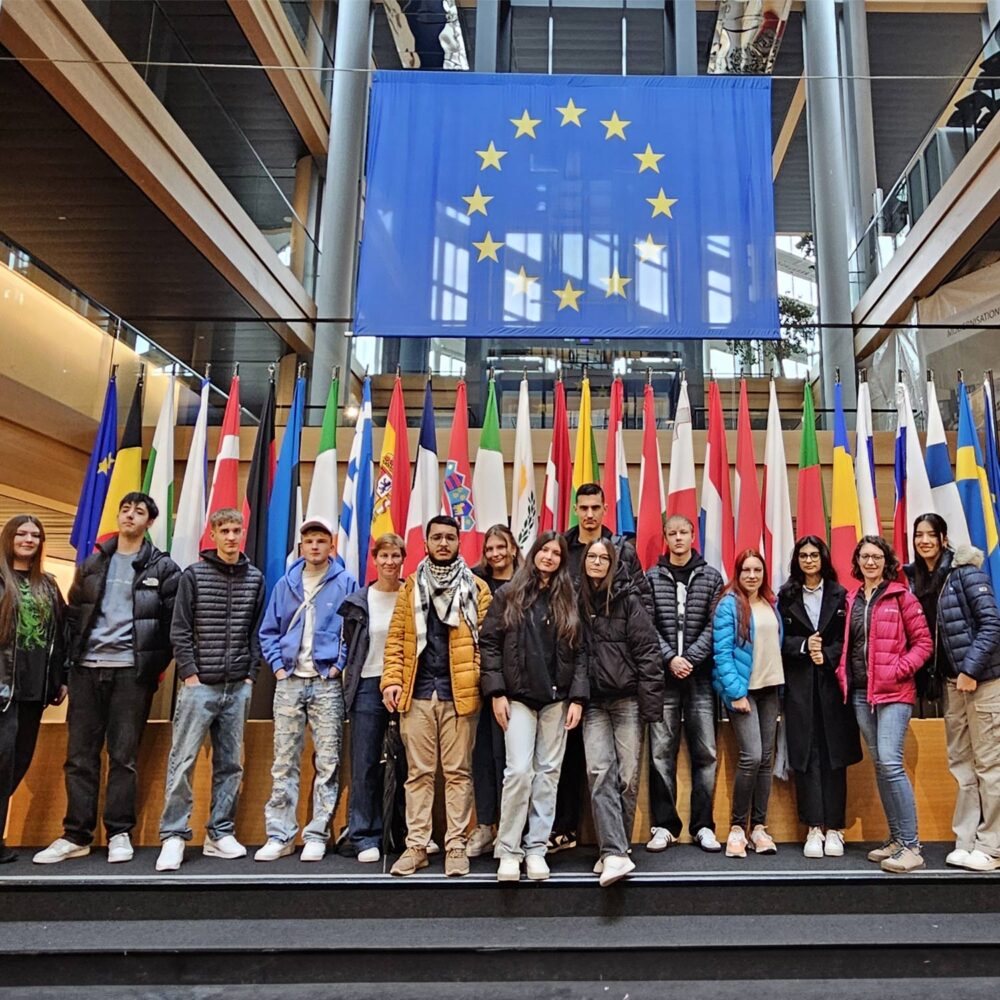
Webdokumentation zu den UNESCO SDG’s
BHAK/BHAS Hall in Tirol (AT)
In a multimedia web documentary, pupils interactively explore the 17 UNESCO Sustainable Development Goals – using podcasts, videos, interviews and quizzes. Supplemented by events and expert opinions, the result is a multifaceted educational project that promotes dialog and encourages social engagement.
The Jury
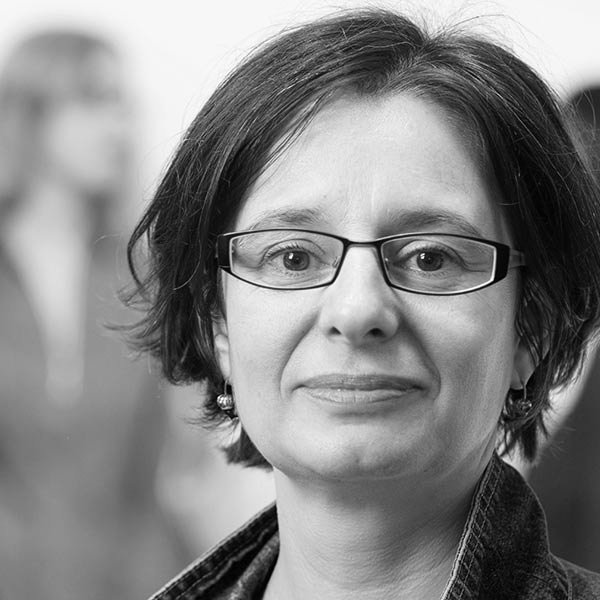
Sirikit Amann
Sirikit Amann (AT) has been a Prix Ars Electronica juror since the very inception of the u19—create your world category for children and young people up to the age of 19 in Austria. She was director of cultural education at KulturKontakt Austria. Since 2020 she is the head of the sector “Education and Society” with a focus on digital education at the OeAD-GmbH. The OeAD is the Austrian Agency for Education and Internationalization. She had previously served as an expert advisor in artistic affair at the Austrian Federal Ministry of Education, Art and Culture and in the Office of the former Federal Chancellery Minister. In 2024, she will represent Austria as a delegate at the UNESCO World Conference on Culture and Arts Education.

Nicole Grüneis
Nicole Grüneis is head of the Education & Content Development department at the Ars Electronica Center. In this position, she is responsible for the development of exhibition content and narratives for a wide variety of target groups, the conception of museum programs and the training of cultural mediators, the Infotrainers. Nicole has been working at Ars Electronica since 2008. She gained her first years of experience in active art and culture education in museums. Her credo during her studies was to enable as many people as possible to think outside the box and encourage them to reflect. With the design of her individual “Psychology & Art” curriculum, Nicole has trained herself in a transdisciplinary approach to cultural productions.
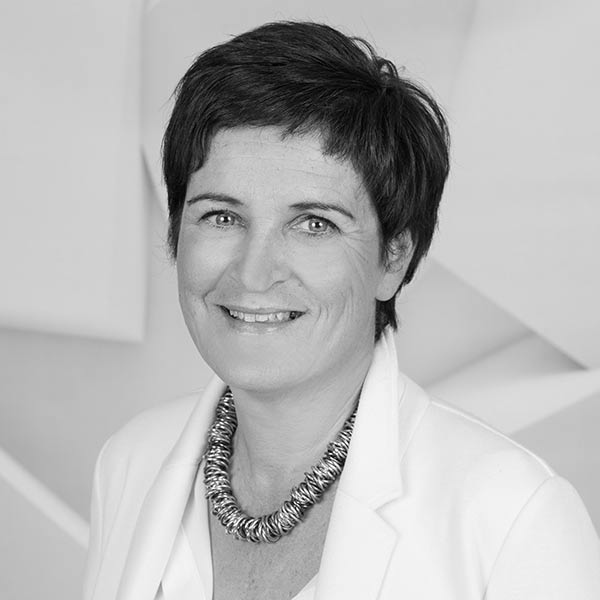
Judith Grafinger
She has been a teacher of German, religion and French since 1992. In 2015, she also took on the role of school development advisor. Since 2019, she has been the principal of Eggenburg Secondary Music School, where the STEM subject was introduced in 2020. In September 2023, the pupils of the Musikmittelschule Eggenburg won the main prize in the Klasse! Lernen competition for the He[a]rophone project.
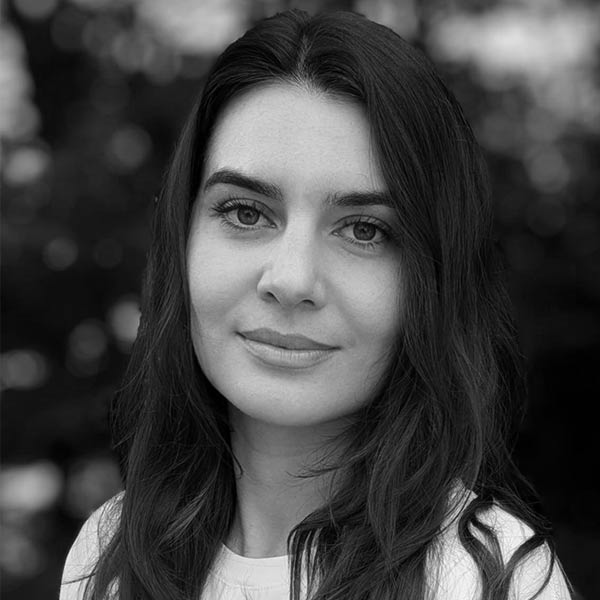
Anna Strasser
Anna Strasser works at the interface of art, education and media. After completing her teacher training in visual education and media design, she worked as a teacher, media educator and lecturer at the PH Linz and FH Hagenberg. In addition, she is regularly involved in media education projects and workshops – for example in cooperation with schools, cultural initiatives or educational platforms. Projects she has been involved in have won the Media Literacy Award (2016) and the eLearning Award (2018), among others.
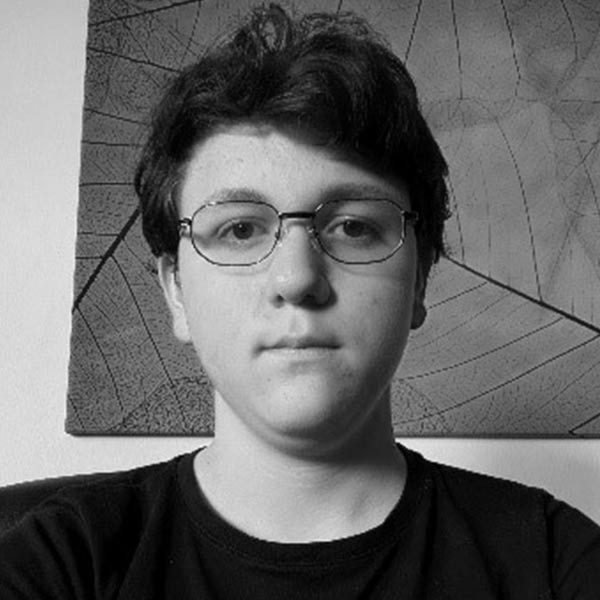
Alvaro Traunmüller
Alvaro Traunmüller was born in Linz in 2009 and lives in Thalheim bei Wels. He is a pupil at BG/BRG Wels Dr. Schauerstraße (Schauergymnasium) and is currently in class 6AI. He is particularly interested in biology, physics and computer science. In his free time, he enjoys playing video games, building with Lego, studying and hanging out with friends.